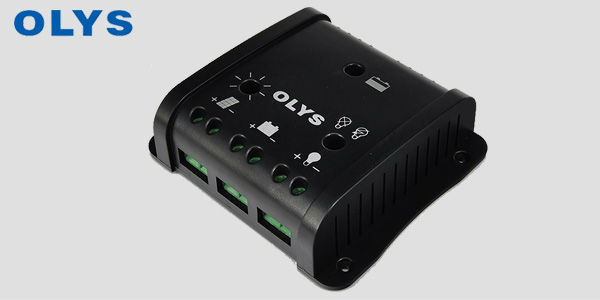This is a good question, the difficulty is it all dependant on your solar power system.
The first thing to determine is what your Solar Panel array voltage output is , you will need to ensure that your solar charge controller can handle the capacity to handle the current produced by your solar array. We have a guide on solar panels if you need to understand more about this component.
Typically 18V solar panels use a 12V controller but you can have other configurations such as 36V panels that will use a 24V controller and 72V panels use a 48V controller.
The next thing you will need to do is divide the wattage of your solar panels by the battery bank voltage to get an estimate of how many amperes the solar charge controller requires.
The next thing to determine is what battery type you will be using , you have two main battery types to consider, Lead Acid and Lithium-ion. To understand the different battery types you can read our solar battery guide.
If you have a Lithium-ion battery like the PylonTech range you will have built-in surge protection.
High and low voltage with overload protection which prolongs the life of your battery which compliments the controller.
If you are looking for a separate pwm charge controller it's always best to get advice from the professionals.
There are many variables to consider and buying one because it's cheap or assuming it will fit your system will either cost you money or damage your other components.
